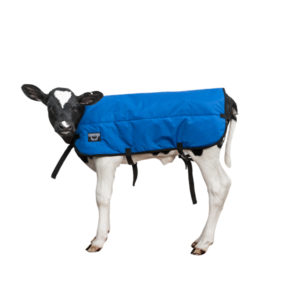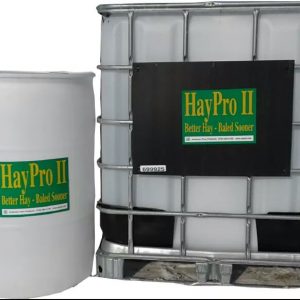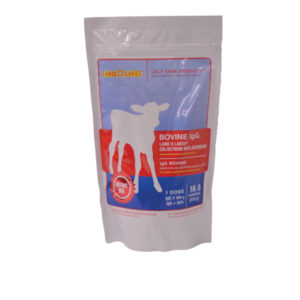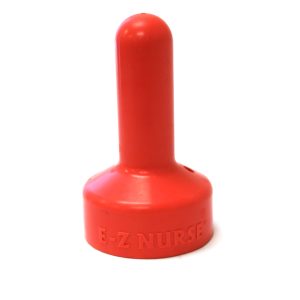Scours can occur as a result of pathogens and stressors, leading to electrolyte loss and dehydration. Land O Lakes® Electrolyte System is designed to maintain hydration during this critical period.
The Lank O Lake® Electrolyte System is composed of two parts. The Base provides needed electrolytes and essential fluids, and the add pack, combined with the base, assists with electrolyte transport, and helps maintain proper body fluid levels.
Base- Address Scouts Early
Composed of high dextrose for quick energy and Vitamin B Complex, the Electrolyte System Base provides beneficial electrolytes through its advanced suspension technology. Base is a useful tool to use at the first signs of scours, before visible signs of dehydration. The product should also be fed before stressful events such as a long transport, introduction of new calves to the group, or hot and humid weather.
Add Pack- Treatment
Formulated to only be fed with the Electrolyte System Base, the Electrolyte System Add Pack should be mixed in the Base and administrated 2 to 3 times per day. Glycine assists with electrolyte transport, and an alkalinizing agent to maintain proper body fluid pH levels.
The Electrolyte System Base is formulated for up to two feedings per day.
- When mixing this product, water temperature should be between 110⁰ F and 120⁰ F.
- Regardless of size, the composition must be mixed thoroughly.
- Using a bottle or pail, two quarts of Base should be fed per calf.
- Do not mix LAND O LAKES® Electrolyte System Base with milk or milk replacer.
- Provide free choice low sodium water (less then 50 ppm sodium) at all times or at least between electrolyte feedings.
- Keep container tightly closed between uses.
The Electrolyte System Add Pack should only be used with the Electrolyte System Base.
- Use 110⁰ F to 120⁰ F water to activate the suspension technology.
- If a suckling calf won’t drink, the Electrolyte System is safe to drench.
- If the animal is severely dehydrated, consult your veterinarian.





